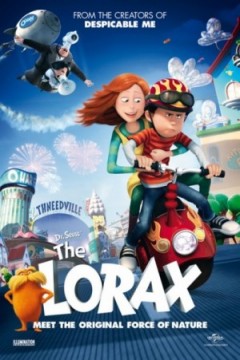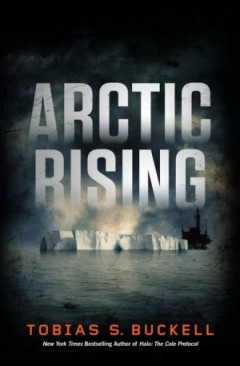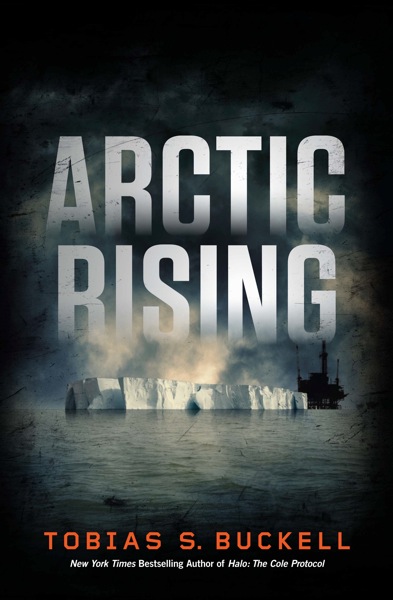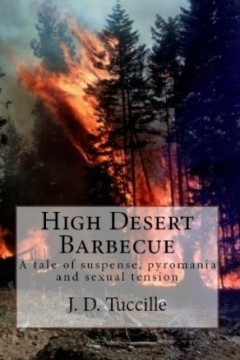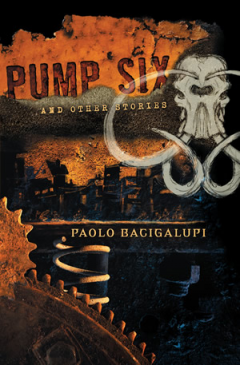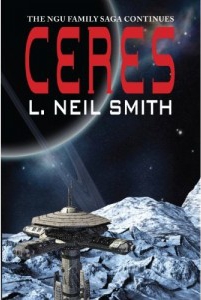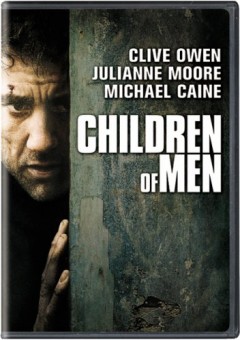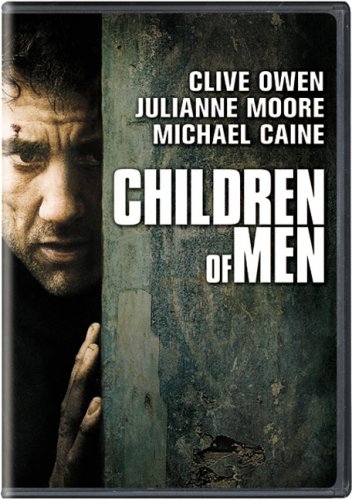Anyone who read Dr. Seuss’s The Lorax as a kid might dread the movie version. No one really needs another moralizing, hectoring lecture from environmentalists on the need to save the trees from extinction, especially since that once-fashionable cause seems ridiculously overwrought today. There is no shortage of trees and this is due not to nationalization so much as the privatization and cultivation of forest land.
And yet, even so, the movie is stunning and beautiful in every way, with a message that taps into something important, something with economic and political relevance for us today. In fact, the movie improves on the book with the important addition of “Thneed-Ville,” a community of people who live in a completely artificial world lorded over by a mayor who also owns the monopoly on oxygen.
This complicates the relatively simple narrative of the book, which offers a story of a depleted environment that doesn’t actually make much sense. The original posits an entrepreneur who discovers that he can make a “Thneed” — a kind of all-purpose cloth — out of the tufts of the “Truffula Tree,” and that this product is highly marketable.
Now, in real life, any capitalist in this setting would know exactly what to do: immediately get to work planting and cultivating more Truffula trees. This is essential capital that makes the business possible and sustainable through time. You want more rather than less capital. An egg producer doesn’t kill his chickens; he breeds more. But in the book (and the movie), the capitalist does the opposite. He cuts down all the trees and, surprise, his business goes bust.
The book ends with the aging capitalist regretting his life and passing on the last Truffula seed to the next generation. The end. However, the movie introduces us to the town that is founded after this depletion occurs. It is shielded off from the poisoned and depleted world outside, and oxygen is pumped in by the mayor who holds the monopoly on air and builds Lenin-like statues to himself. The people eventually rise up when they discover that “air is free” and thereby overthrow the despot, chopping off the statue’s head.
It was this line about how air is free that clued me in to the movie’s possible subtext. You only need to add one metaphor to see how this movie can be the most important and relevant political-economic drama of the season.
The metaphorical substitution is this: The Trees are Ideas.
